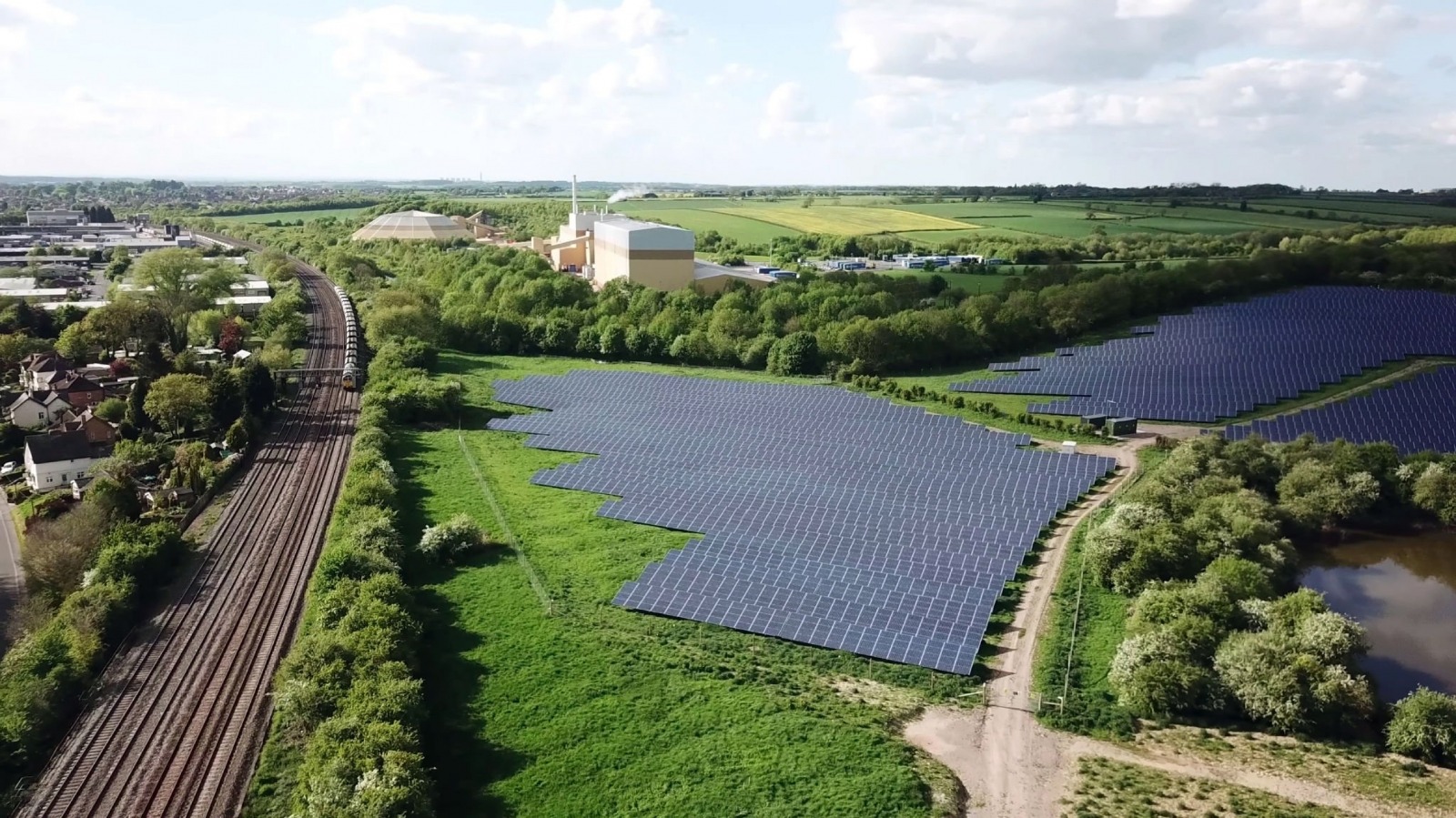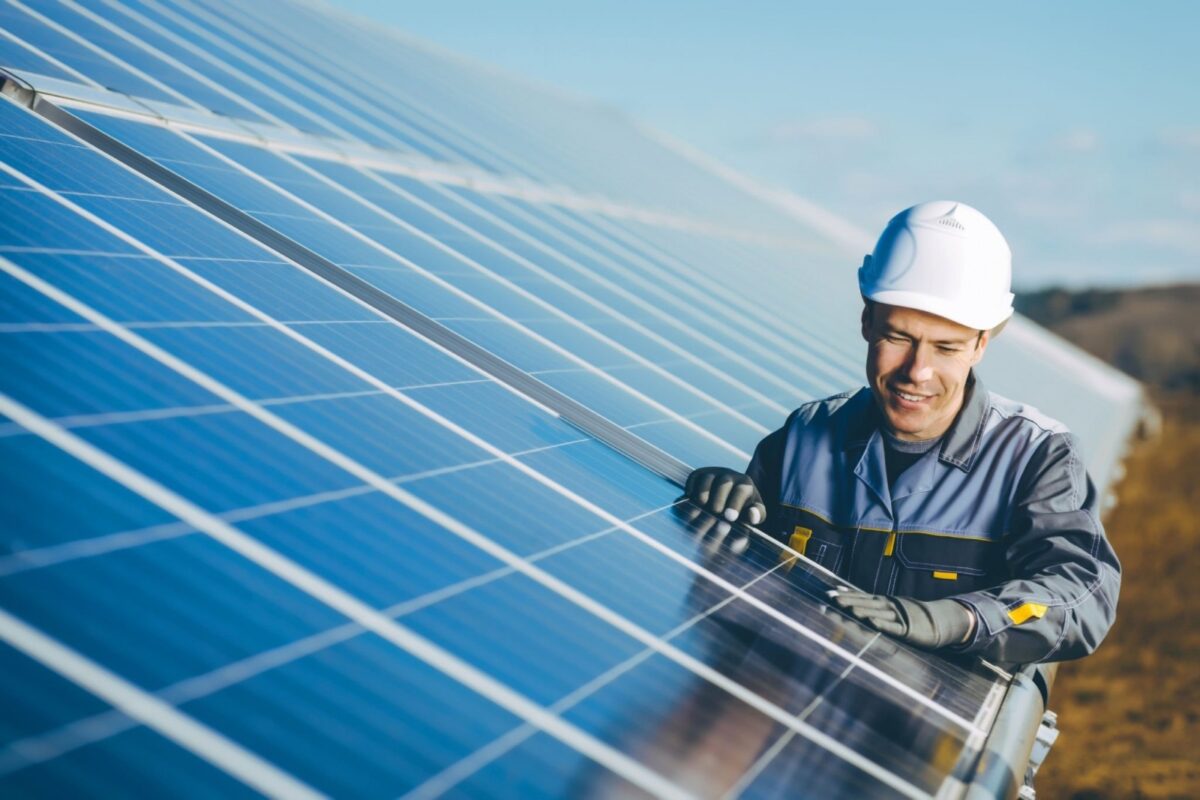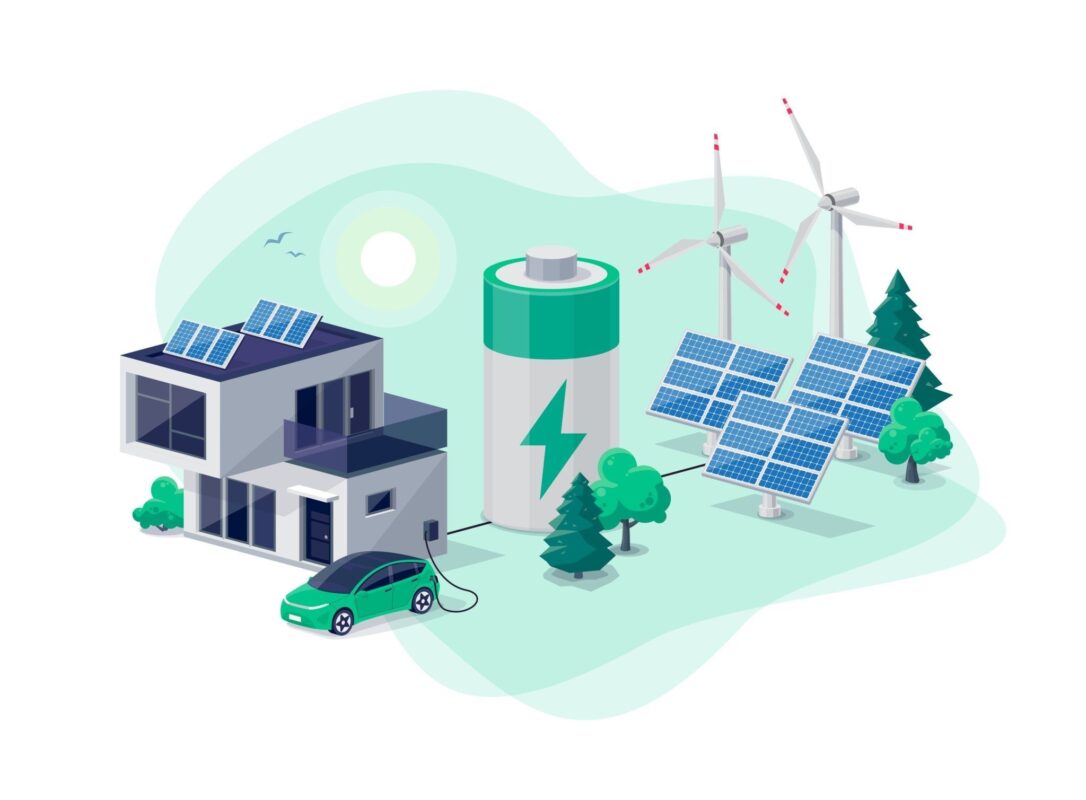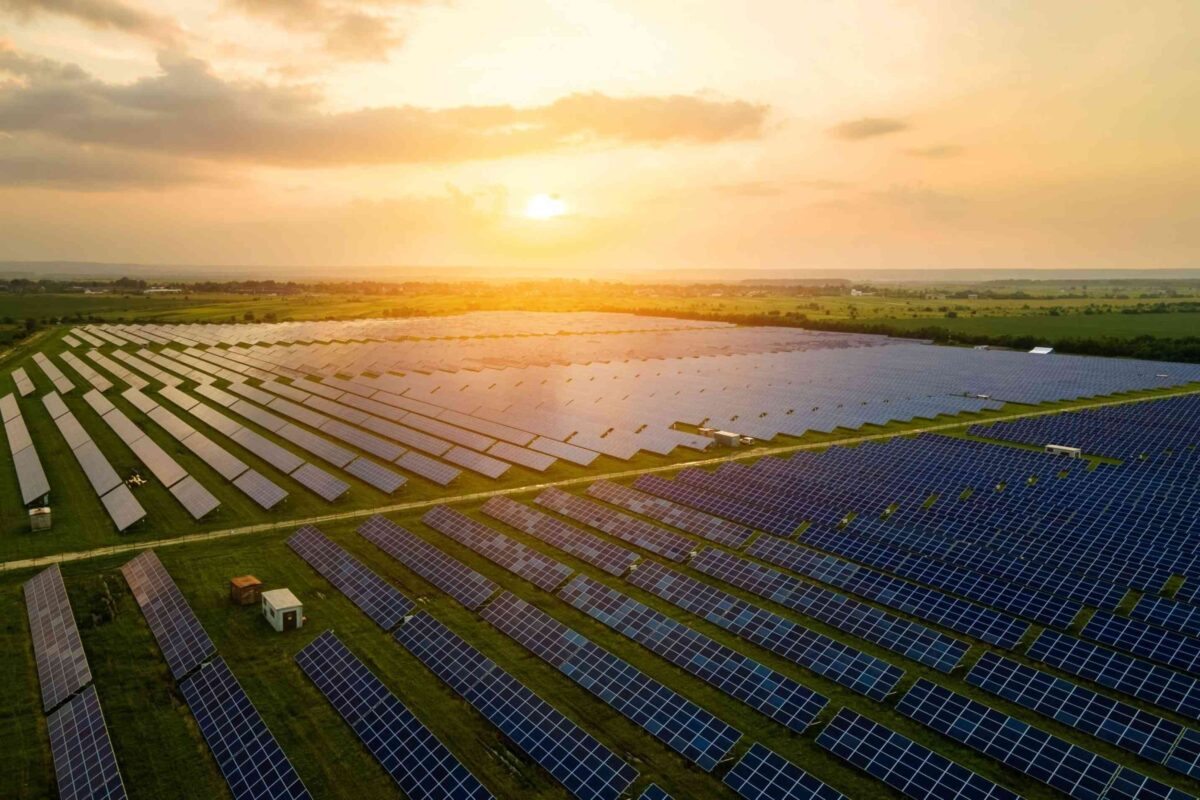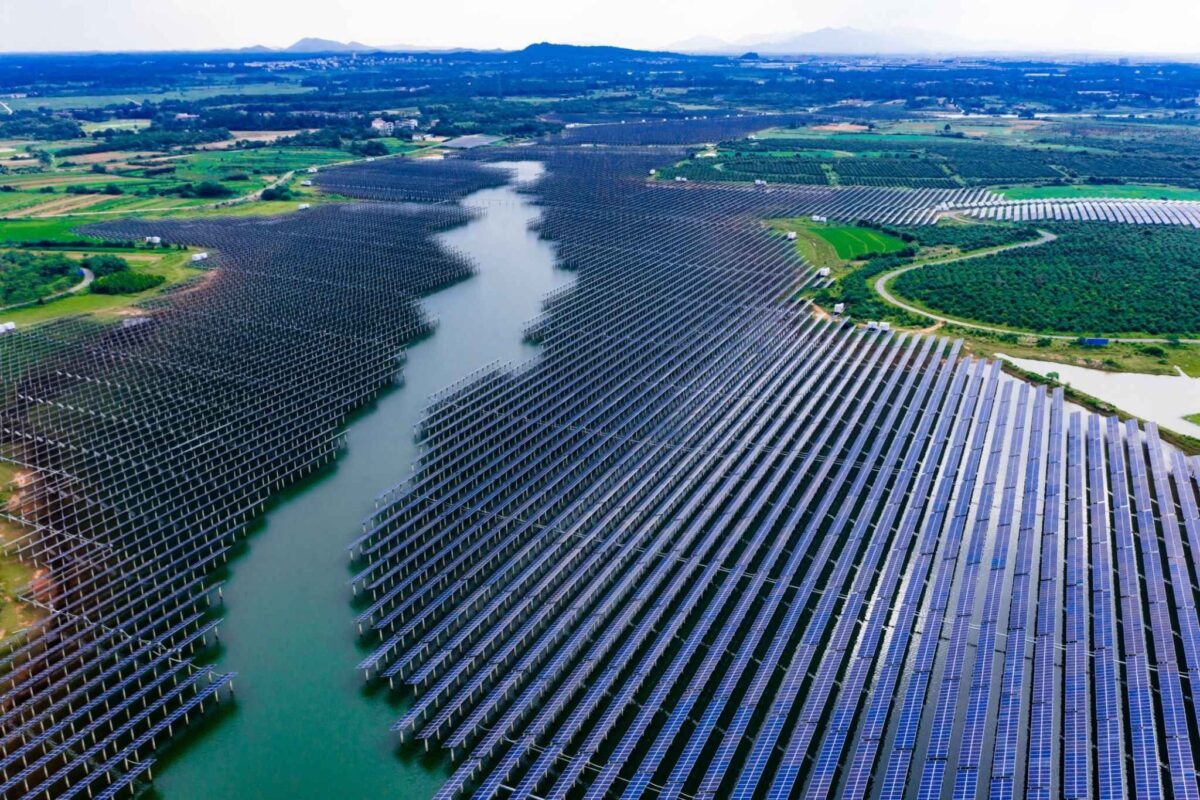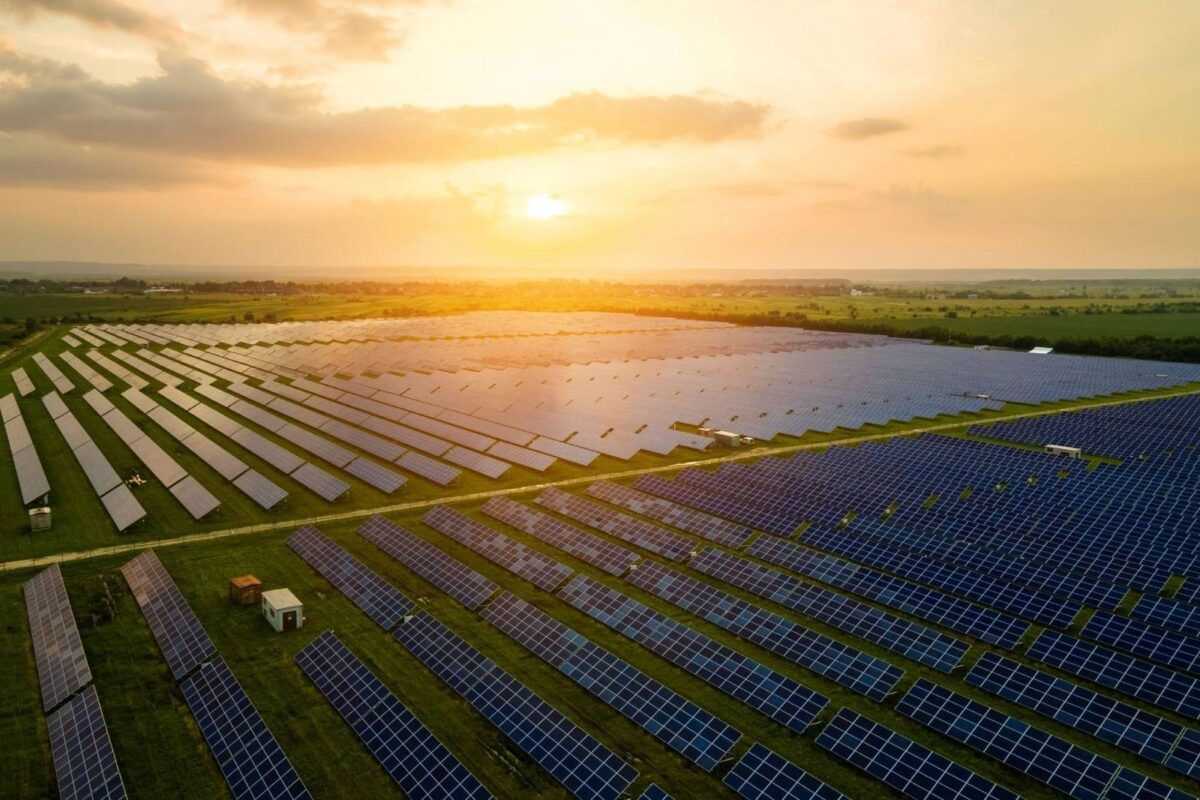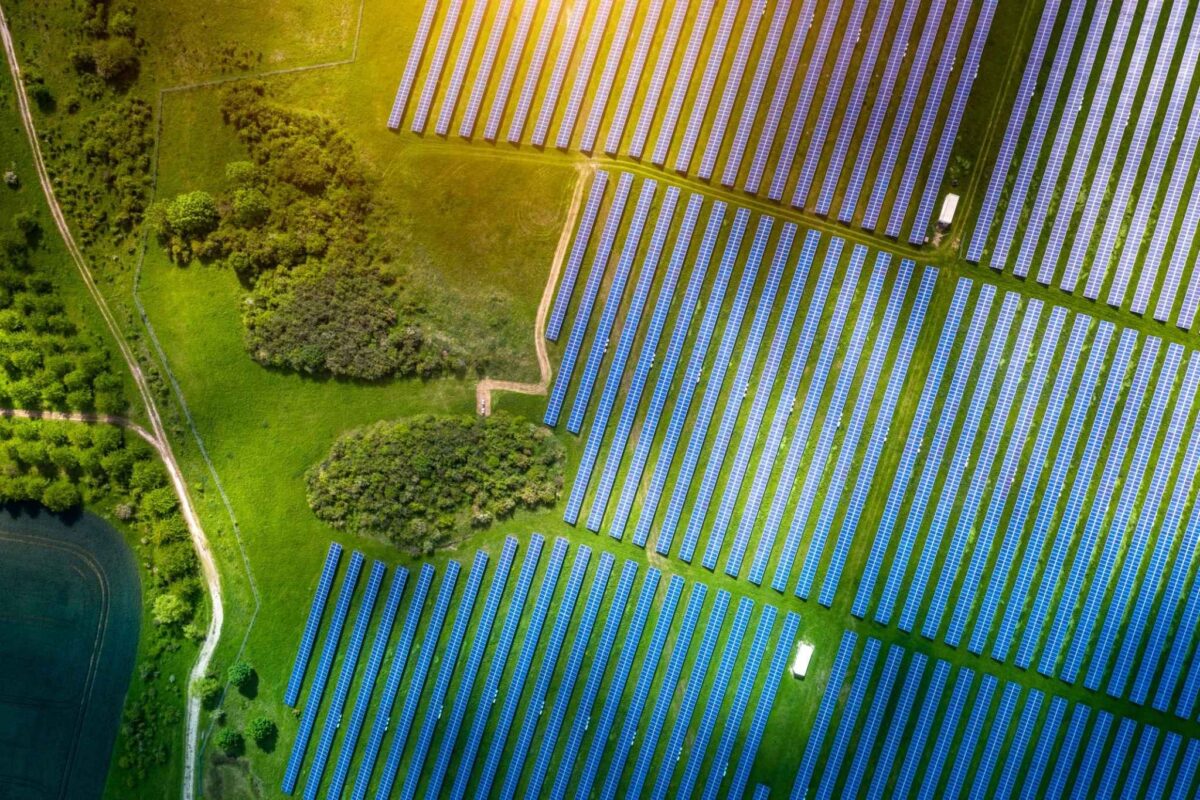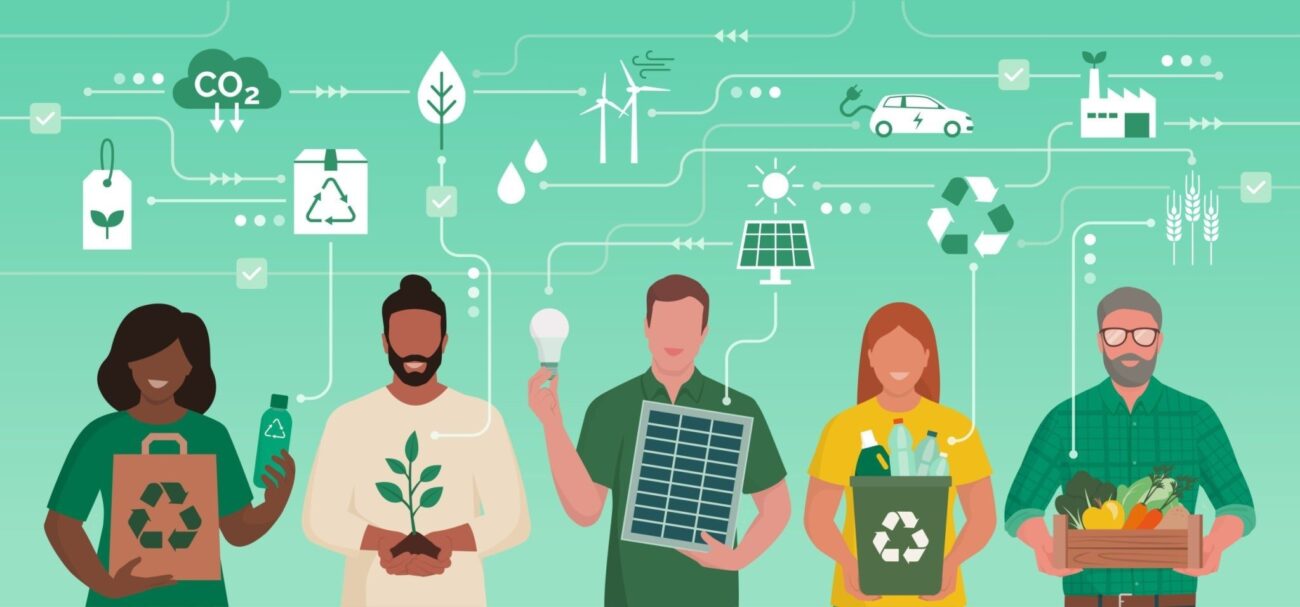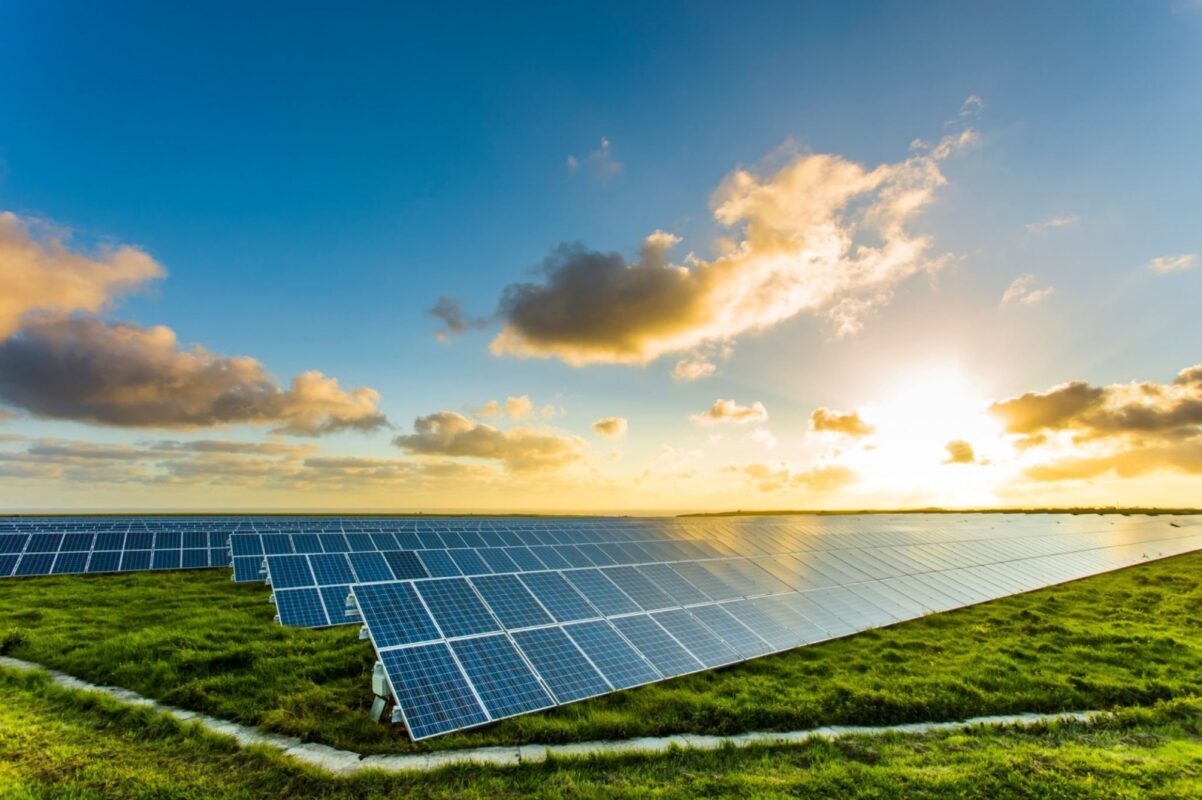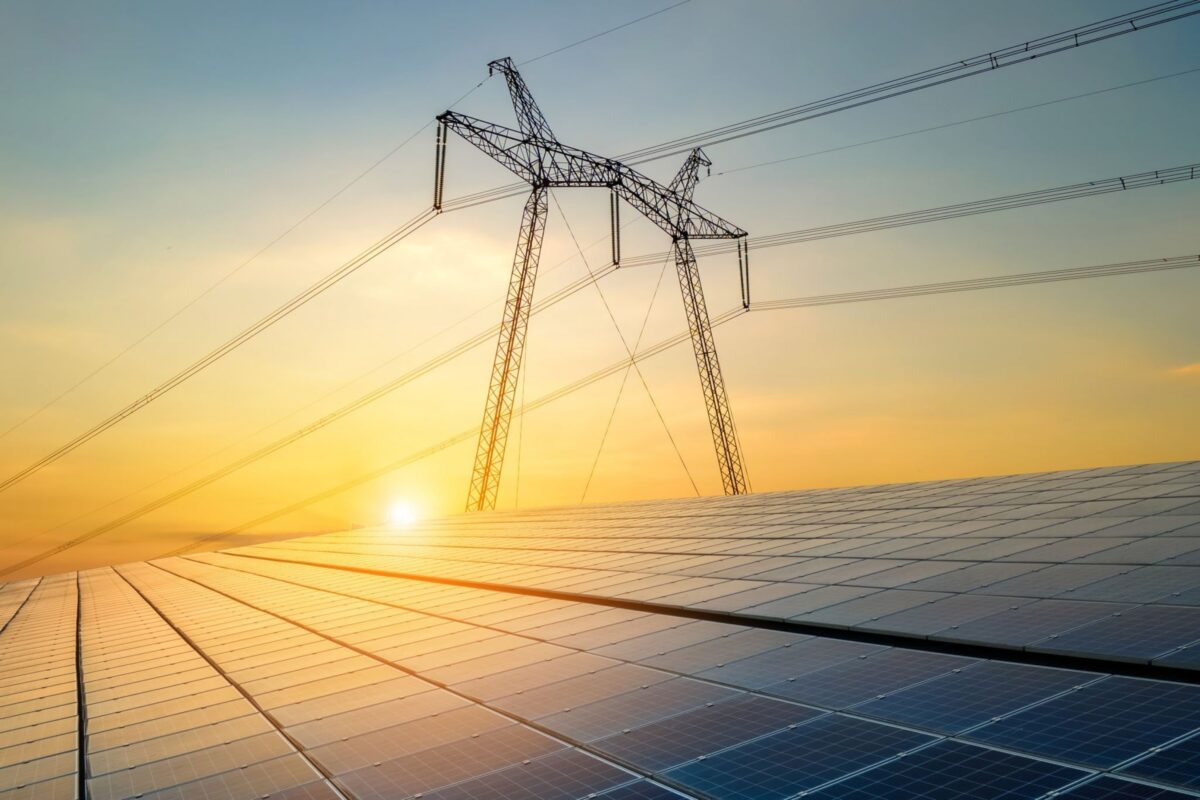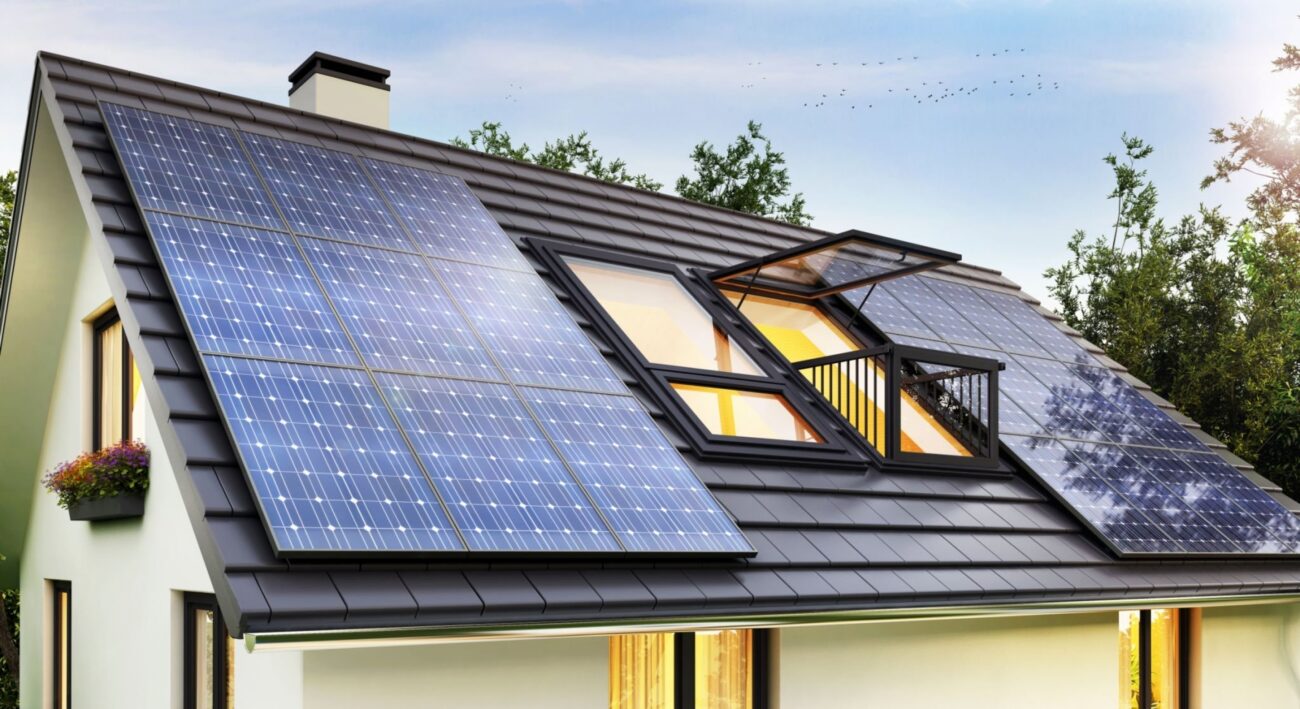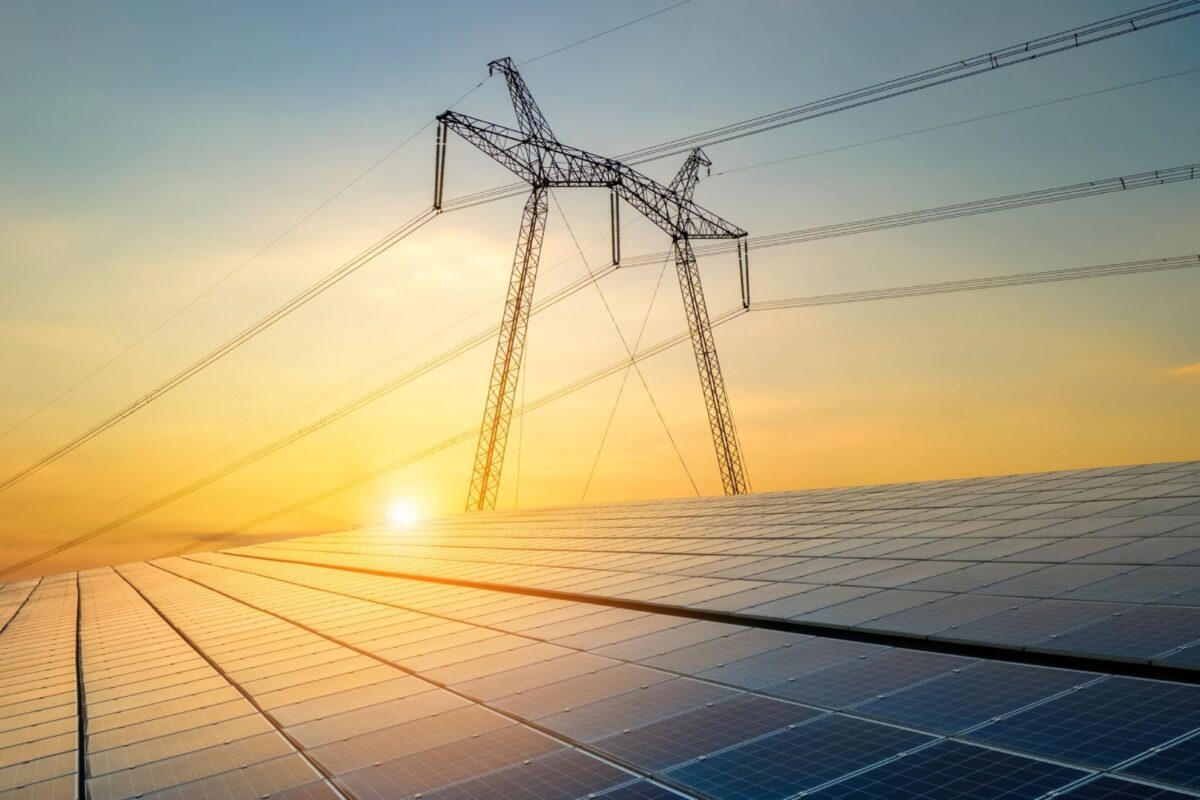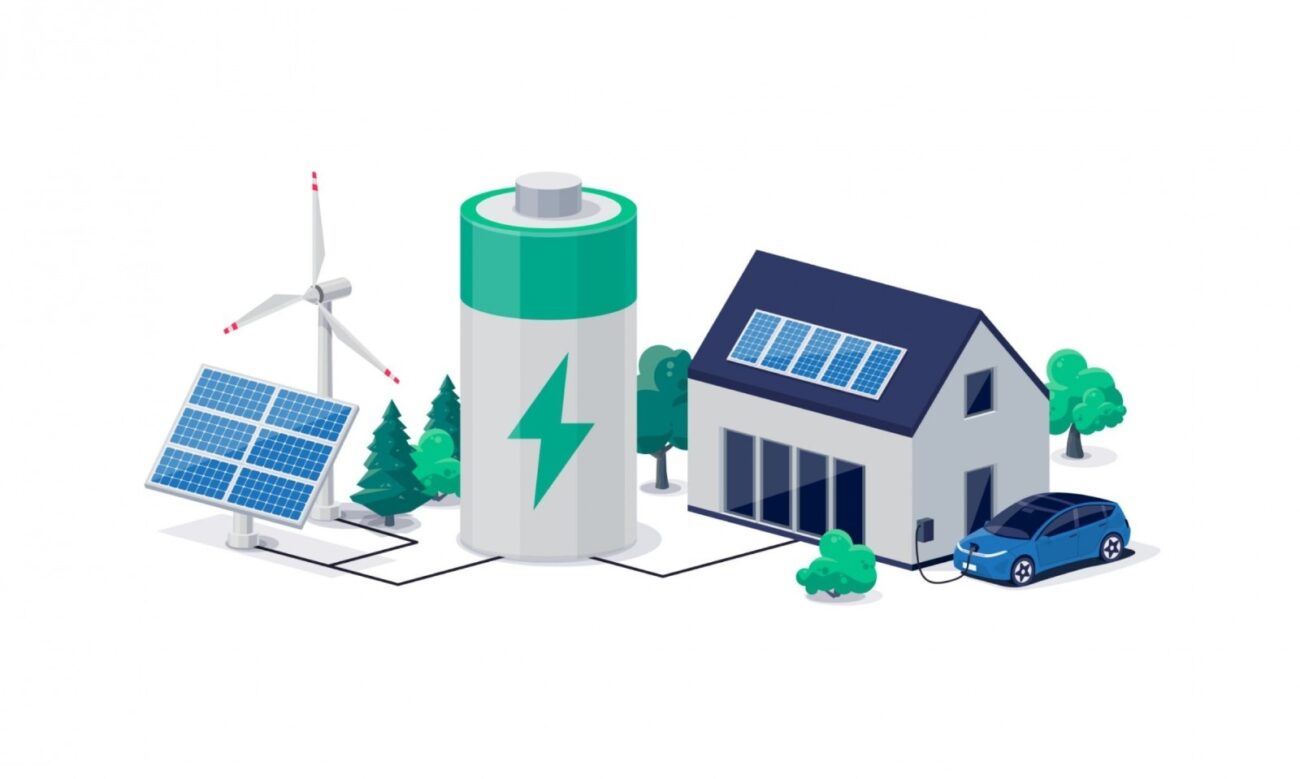Solar energy can be a great source of power for agriculture, offering numerous benefits including cost savings, improved efficiency, and environmental sustainability.
It’s an energy source that doesn’t rely on fossil fuels for the process of powering heavy machinery, which is what so much of our agricultural industry is geared towards.
As a result, farmers who implement solar power in their operations can find it both economical and sustainable. Here are some ways solar energy can be used in agriculture:
- Irrigation: Solar-powered irrigation systems can help farmers save money on electricity and reduce their carbon footprint. These systems use solar panels to power pumps that move water from a well or storage tank to crops.
- Lighting: Solar-powered lights can be used to provide lighting for agricultural facilities such as barns, greenhouses, and storage sheds. This can help farmers save money on electricity and provide a more sustainable source of power.
- Refrigeration: Solar-powered refrigeration can be used to keep crops and food products fresh in rural areas where there may not be access to electricity. This can help farmers reduce spoilage and waste, leading to higher profits.
- Heating and cooling: Solar energy can also be used for heating and cooling agricultural facilities such as greenhouses and livestock buildings. This can help farmers create a more comfortable environment for their crops and animals, leading to higher yields and better quality products.
- Solar trackers: Solar trackers can be used to maximize the efficiency of solar panels by following the movement of the sun throughout the day. This can help farmers generate more power from their solar panels, leading to lower electricity costs and higher profits.
- On-farm power generation: Farmers can use solar panels to generate their own electricity for on-farm use or to sell back to the grid. This can provide a reliable source of power and an additional source of income.
- Crop monitoring and management: Drones or other technology powered by solar energy can be used for crop monitoring and management, including identifying nutrient deficiencies, pests, and diseases.
- Sustainable and off-grid farming practices: Solar energy can be used to power sustainable and off-grid farming practices, such as aquaponics, hydroponics, and vertical farming.
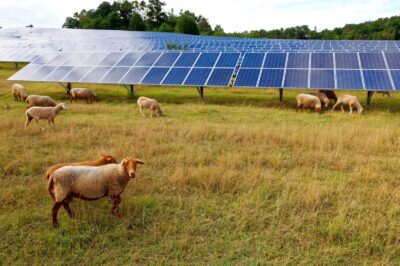
Overall, solar energy can be applied in a variety of ways in agriculture, providing numerous benefits to farmers, including cost savings, increased efficiency, environmental sustainability, increased independence, and increased profitability.
There are numerous benefits of using solar energy in agriculture. Here are some of the key benefits:
- Cost savings: Solar energy can help farmers save money on electricity costs. By using solar-powered irrigation systems, lighting, refrigeration, and other applications, farmers can reduce their dependence on traditional grid electricity and save money on their energy bills.
- Increased efficiency: Solar energy can help increase the efficiency of agricultural processes. Solar-powered irrigation systems can be programmed to run at specific times of the day, optimizing water use and reducing waste. Solar-powered lighting can improve working conditions for farmers during early mornings and late evenings. Solar trackers can improve the efficiency of solar panels, generating more power.
- Environmental sustainability: Solar energy is a clean and renewable source of energy, unlike traditional fossil fuels. By using solar energy, farmers can reduce their carbon footprint and contribute to a cleaner environment.
- Increased independence: By generating their own power, farmers can become more independent from traditional electricity grids. This can be particularly beneficial for farmers in remote or rural areas, where access to grid electricity may be limited or unreliable.
- Improved reliability: Solar energy can provide a reliable source of power for agricultural applications. Unlike traditional grid electricity, which may be subject to power outages, solar energy can be used even during power cuts or during natural disasters.
- Increased profitability: By reducing energy costs and increasing efficiency, solar energy can help farmers increase their profitability. Solar energy can also provide additional income streams through the sale of excess power generated by solar panels.
In conclusion, the use of solar energy in agriculture has the potential to revolutionize the way we produce food and manage our natural resources.
With numerous applications such as irrigation, lighting, refrigeration, heating and cooling, power generation, crop monitoring, and sustainable farming practices, solar energy can help farmers achieve cost savings, increase efficiency, improve sustainability, and increase profitability.
Solar energy in agriculture not only benefits the farmers but also helps in reducing carbon emissions and contributing to a cleaner environment.
As technology continues to advance and solar panel costs continue to decline, the use of solar energy in agriculture is expected to increase and become more widespread.
Overall, solar energy in agriculture represents a win-win scenario, where farmers can benefit from lower energy costs and increased profits, while also contributing to a more sustainable and environmentally friendly food production system.

